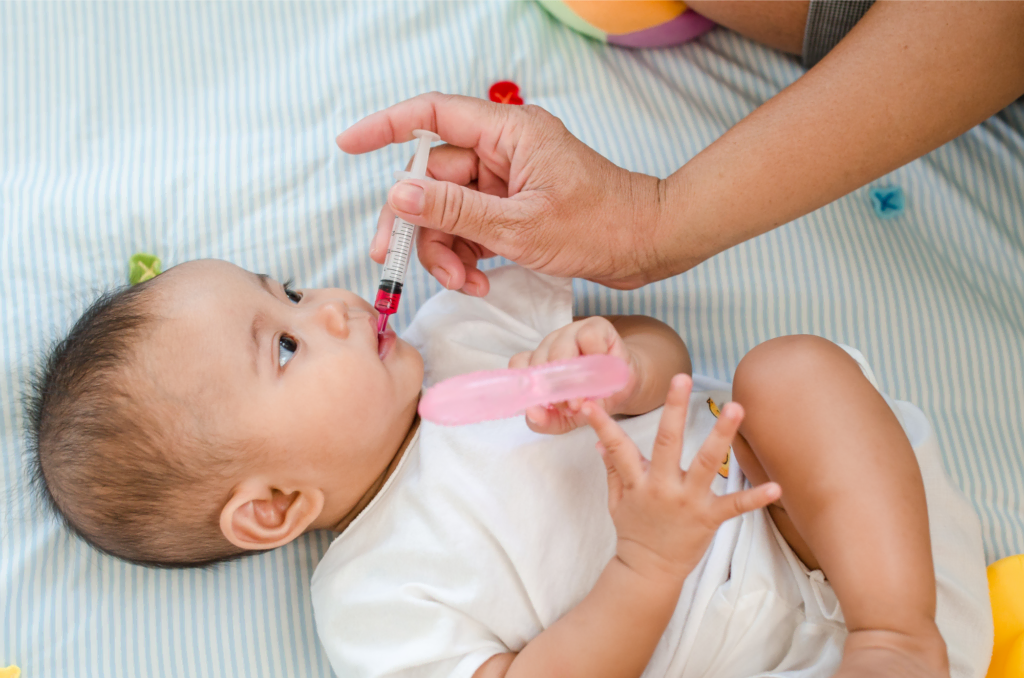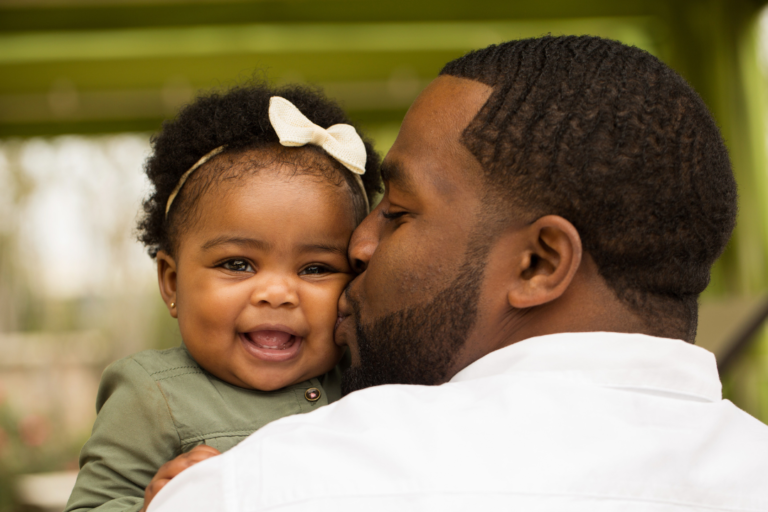The effects of medication on sleep
Medication your baby is taking may have a disruptive effect on her sleep. All medication has the potential to cause side effects. These side effects range from simple symptoms like nausea, diarrhea or vomiting, headaches, dizziness, loss of appetite, joint pain and excessive sleepiness to something more serious such as changes in heart rate. Every side effect has the possibility to cause your baby’s sleeping patterns to change dramatically. Always read the package insert of any medication you are giving your child, and don’t be shy to quiz your doctor or pharmacist about possible side effects of the medication they are prescribing for your child.
The effect of hospitalization on sleep
If your baby has been ill enough to have been hospitalized, and has undergone invasive or painful procedures whilst in this unfamiliar environment, this will impact greatly on her sleep. Hospitalization affects sleep for a variety of reasons not the least of which is the period of separation from you. Even if you were able to stay with your child most of the time, you may have had to leave her alone on occasion in a strange and scary environment. This could cause a state of heightened separation anxiety, particularly if the timing coincides with the known crisis periods of separation anxiety (7-10 months and the toddler years).
Hospitals are noisy and intrusive places, so if your baby is used to sleeping in a quiet and calm environment, she will struggle to settle easily. She may become very dependent on you for soothing, even if she was able to effectively self soothe beforehand. Expect your baby to still need you to calm her for a period of time after she returns home.
The invasive and sometimes painful procedures she may have experienced in hospital frequently sensitize your baby to touch on her skin (for example intravenous lines) and around the mouth (for example nebulizing or forcing down medicine). This hypersensitivity results in heightened irritability and less use of self-soothing techniques, especially around the mouth. This is why your baby may appear to have ‘gone off’ her dummy or bottle as an effective soother. Be patient, and in time your baby will return to her old self.
Managing the effect of hospitalization
- As far as possible, within reason, stay with your baby in hospital
- Keep your baby’s security object or sleep soother with her at all times
- Hold your baby and talk to her during invasive procedures so that you minimize the stress she may be feeling
- Try to keep her hospital routine as similar as possible to that at home. If at all possible, ask the nursing staff to perform procedures in her awake times and to leave her undisturbed if she is sleeping
- When you return home, expect and allow for a period of clinginess and sleep disruption
- From the first night home re-implement your bedtime routine
- As soon as she is well, encourage self-calming strategies such as a sleep soother
- Allow her a week to ten days to settle on her own (which she is likely to do), but if she is still not settling independently, you may have to commence with age-appropriate sleep training




